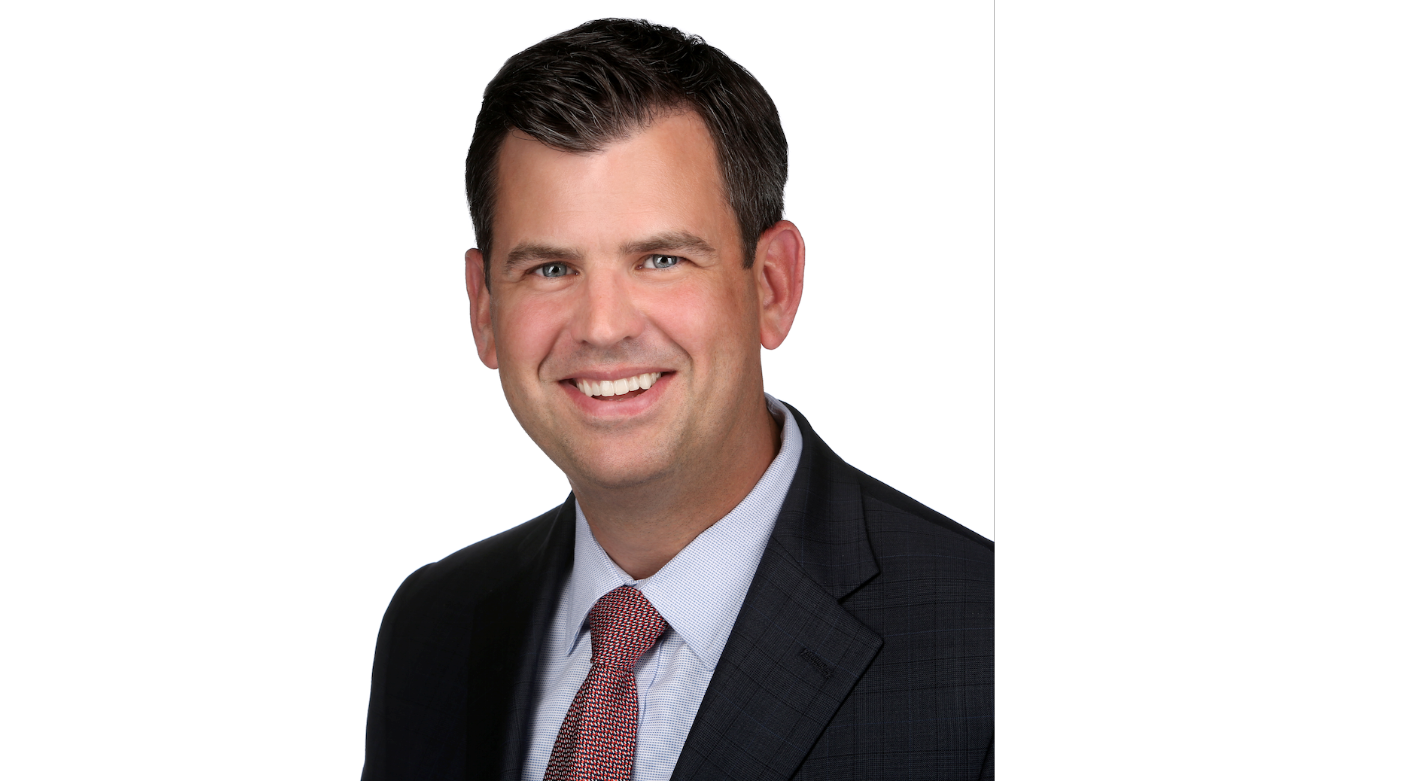Sounding Board: Five Minutes With John Owen, Airshare President, CEO

John Owen joined Airshare, based in Lenexa, Kansas, as chief financial officer in 2016 and was named president and CEO in March 2018. Airshare is a fractional ownership and aircraft management company. It was founded in Wichita in 2000 and is celebrating its 20th anniversary.
Q. How has business been through the COVID-19 pandemic?
A. We were bracing for the worst and really hit the low in April. But since April, (we have) climbed out pretty quickly ... We’re not quite back to 100%. The way our model works, it’s very conducive to business travel. So the majority of our customers, I’d say, 70% or so, are businesses. The business travel, as a lot of people know, has not quite climbed up to normal. We are seeing people getting more and more comfortable with it on the business side. I’d say every week, it seems like a few more are traveling or the hours tend to pick up … Over the last couple of months or so, as we’ve seen things come back and really a big opportunity in private aviation to really explode. So we’re excited.
Q. Did Airshare have to furlough or lay off anyone?
A. No. We went into this with the one ultimate goal of no layoffs or furloughs, which we succeeded in. We spent 20 years essentially developing an employee base that we love and a management team that we love. And the last thing we want to do was strip that back. In the beginning, people were working a lot less. We’ve even done some hiring in certain areas.
Q. Have you had many new entrants to business aviation come aboard?
A. Yes. We’re seeing a lot of new entrants in this space. Especially, in the market that we’re in, with the light jets on the fractional side, we’re seeing a lot of people that have always had the financial means to do it, but have really waited until now to say, ‘OK. Now is the time that I’m going to do it.’ We have more customers now than we did at the start of COVID, although our (flight) hours haven’t quite climbed back up to where they were.
Q. Will new entrants stay once commercial flights return?
A. People during this time are seeing the benefits of flying privately. I guess it’s like somebody told me the other day. ‘If you started to fly first class, you’ll do anything not to have to go back in coach. And if you start flying privately, you’d probably do just about anything not to have to go back to first class even.’ Right?
Q. How much are flight hours lagging?
A. Overall, we’re probably sitting at 70% to 80% from normal, which is much higher than we thought we would be at this time. So, we’re excited.
Q. What’s been the biggest change that you’ve seen in your four years at Airshare?
A. The biggest piece is our rebrand. We were really two separate businesses, two separate websites. One part of the business was the fractional side. The other side was the managing charter side of the business. We saw an opportunity of combining the entire suite of services under one umbrella, which is now Airshare versus the old businesses of Executive Airshare and Executive Flight Services. We constantly saw people that were inquiring of what we did and thinking they should be in fractional, when maybe they should just be a chartered customer a couple of times a year. Or maybe they consume enough hours to own their own airplane.
Q. Airshare started as a regional business. Where is your focus?
A. We’re really centered in the United States, so from the Chicago area down through Iowa, Nebraska, Kansas, Missouri, Oklahoma, Texas. And then we have a customer base in Colorado and one out in Buffalo, New York. We fly anywhere. We develop density within these regions, which then allows us to pass the overall efficiency savings on to our customers, so the airplanes aren’t dead heading all over the place.
Q. How big is your fleet now?
A. We operate just under 50 aircraft. Half of them are on the fractional side, which are Phenom 100s and Phenom 300s. The other half are managed. We have a nice mix.
Q. Are there plans to purchase more aircraft?
A. Right now, we’re a little bit settled in. We’re in a nice spot just waiting for everything to come back. We always had ideas of buying new airplanes and expanding into new markets.
Q. What are your growth plans?
A. Now, it’s about expanding into new markets. We recently went to the upper Midwest, which includes Chicago, Indianapolis, Cincinnati, Louisville areas. We’re working to build our customer base there. We’d love to get out to the East Coast, Northeast and Southeast in the future.
Q. You sell flight days instead of flight hours. How does that work?
A. With the day-based model, we don’t limit your hours. You’ve essentially got unlimited hours, based on crew duty times. The plane stays with you all day so you can come and go as you please. You may take a 3-hour flight to the coast and come back later. Or you may take a couple of short hops around wherever. We have an app that gives you access to the pilot’s phone numbers and you can text them, call them and tell them you want to leave early. We’ve had situations where you may be in the air coming back and decide ‘Oh, can we go somewhere else?’ We can accommodate that. The plane’s there for you however you need it.





